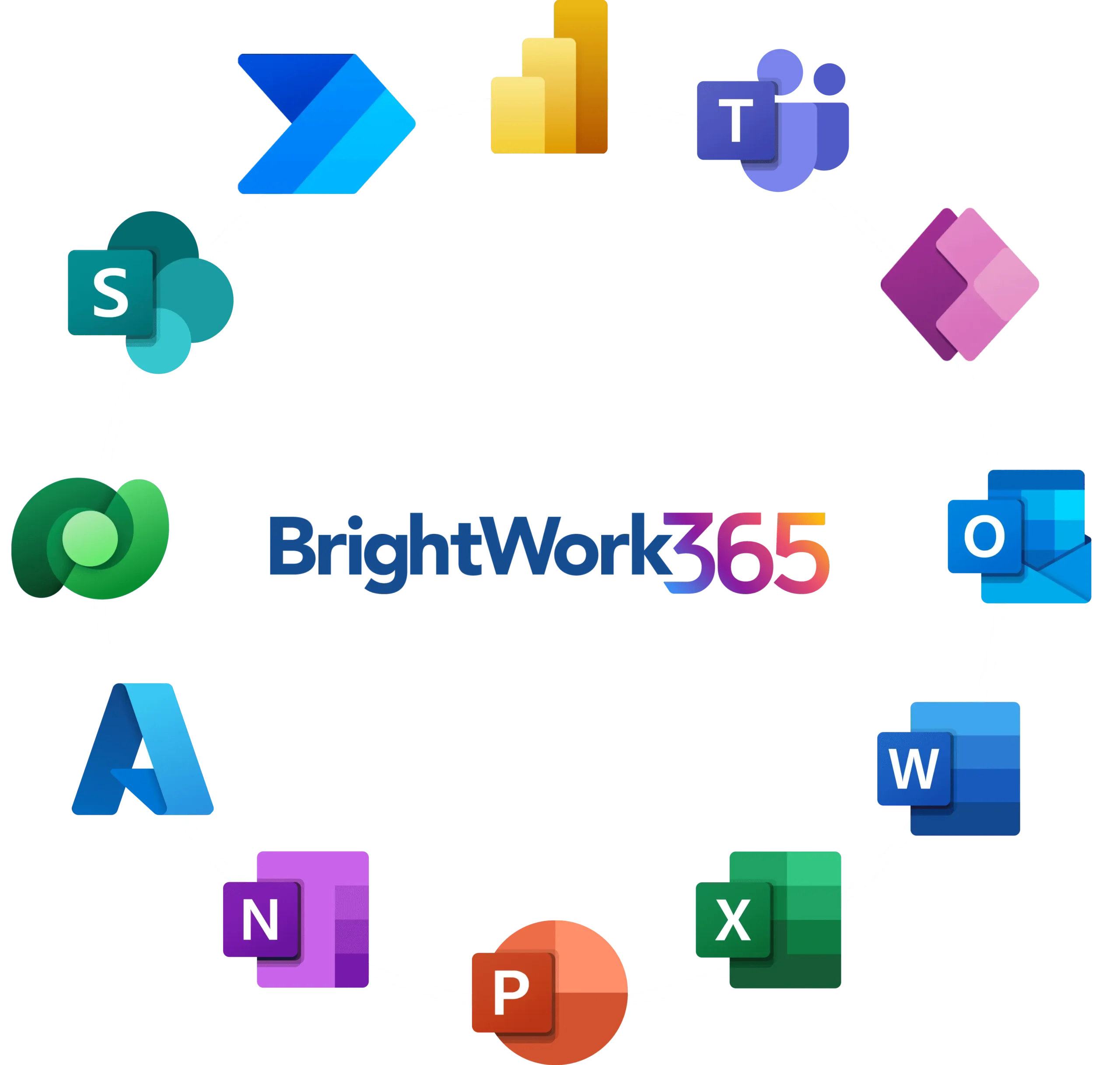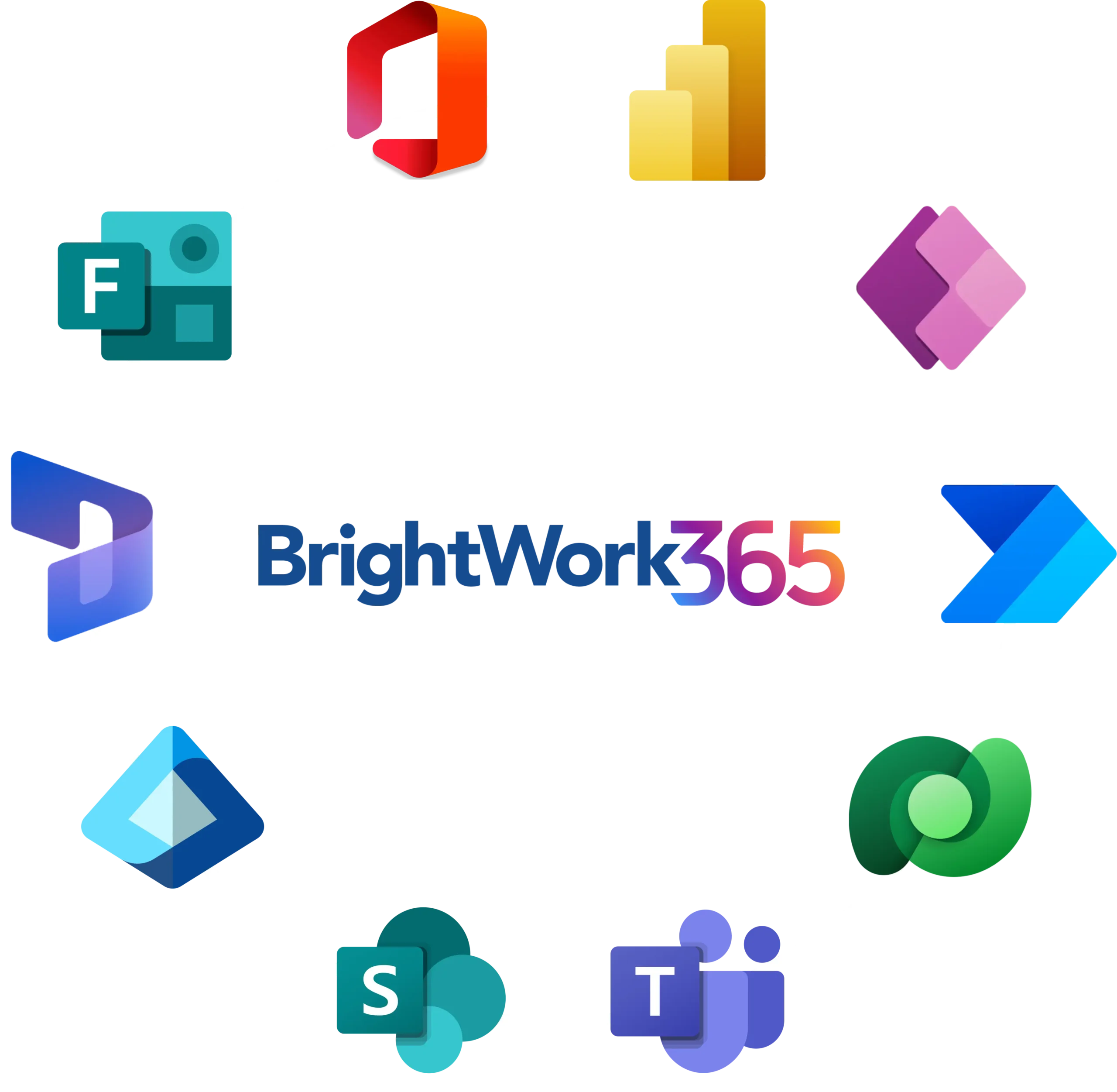What are Project Deliverables?
In project portfolio management, “project deliverables” refer to the tangible or intangible outputs produced by a project intended for delivery to either an internal or external customer. Examples include reports, documents, software upgrades, or other significant outputs.
Project deliverables are foundational to any project and critical in determining its success or failure. These outputs, which stakeholders anticipate, serve as benchmarks for measuring project progress and quality. Recognizing the scope and nature of project deliverables is vital for effective project portfolio management.
Why are Project Deliverables Important?
Project deliverables are vital for defining, measuring, and achieving the success of any project. They establish clear expectations and are crucial for effective project management. Below are the primary reasons why project deliverables are essential:
- Deliverables explicitly outline what the project aims to achieve, clearly defining the project scope.
- They are necessary for developing detailed project plans and the work breakdown structure (WBS), facilitating precise scheduling and resource allocation.
- Deliverables act as benchmarks for assessing the ongoing progress and quality of the project, ensuring alignment with objectives.
- Regular comparisons between actual progress and planned deliverables allow managers to detect deviations and implement necessary adjustments, maintaining project control.
- The acceptance of deliverables, based on predefined criteria, often defines the project’s overall success and client satisfaction.
- They provide a basis for regular updates and discussions with stakeholders, helping to manage expectations and foster alignment.
- Project deliverables enable managers to allocate resources efficiently, prioritizing critical tasks to meet project deadlines.
What are the 2 Main Types of Project Deliverables?
Project deliverables are broadly classified into two categories: internal deliverables and external deliverables.
Internal Deliverables
- Internal deliverables are produced during the project’s execution and are primarily intended for internal stakeholder use. They are essential for effective project management and control and provide documentation of the project’s progress.
- Common examples include project plans, which outline objectives, scope, schedule, and resources and serve as a roadmap and performance baseline.
- Other internal deliverables are risk registers, status reports, and project closure reports, which track potential risks and current project status and summarize achievements and lessons learned.
External Deliverables
- External deliverables are the tangible or intangible outputs delivered to the customer, representing the project’s end products.
- These are detailed in the project’s scope statement and are essential for meeting the customer’s expectations. Examples include software applications, buildings, and research reports.
- The quality and acceptance of these deliverables typically define the project’s success. They are critical indicators of the fulfillment of customer requirements and project objectives.
Manage Projects with Microsoft 365, Power Platform, and Teams
Collaborate seamlessly from anywhere, with BrightWork 365 and Microsoft Teams

How to Manage Project Deliverables – A Step-By-Step Guide
Managing project deliverables effectively involves systematic planning, tracking, and controlling to ensure that project outcomes meet predefined standards and contribute to the project’s objectives.
- Defining Deliverables: The first crucial step in managing project deliverables is their precise definition. This entails identifying the project’s tangible and intangible outputs expected to produce. These deliverables must be specific, measurable, and agreed upon by all stakeholders. Documentation of these deliverables should be detailed in the project’s scope statement, serving as a contractual agreement between the project team and the customer.
- Developing the Work Breakdown Structure: After defining the deliverables, the next step is to develop the Work Breakdown Structure (WBS). The WBS breaks down the project’s deliverables into manageable work packages, facilitating a clear visual representation of what each deliverable entails. This structure is critical for identifying all necessary work, scheduling tasks, and providing a foundation for estimating project costs and duration.
- Scheduling Deliverables: Scheduling is critical to managing project deliverables. It involves planning when each deliverable will be developed and completed, aligning this schedule with the project’s timeline. Effective scheduling ensures that resources are allocated efficiently and milestones are met on time.
- Assigning Resources: Resource assignment is critical for deliverable completion. It involves allocating the appropriate team members, tools, and materials to each task in the WBS. Effective resource management ensures that each deliverable has adequate support to meet quality standards within the set timelines.
- Monitoring Progress: Monitoring the progress of deliverables is essential to ensure they are on track to meet the project’s criteria. Regular check-ins and updates allow assessing each deliverable against the project’s schedule and quality expectations.
- Ensuring Quality and Meeting Acceptance Criteria: The final aspect of managing project deliverables involves ensuring each output meets the established quality and acceptance criteria. This often requires rigorous testing and review processes to confirm that all deliverables align with the customer’s requirements and project specifications.
Timely Completion
In conclusion, project deliverables are essential to project portfolio management. They establish a clear expectation of the project’s outputs, serving as benchmarks for progress and quality and laying the groundwork for project planning, scheduling, and control.
Effective management of project deliverables demands a thorough understanding of the project’s objectives, a clearly defined project scope, robust communication with stakeholders, and a strong project management process.
Through adept management of project deliverables, project managers can guarantee the timely completion of projects within budget and to the satisfaction of all stakeholders.
Manage Projects with Microsoft 365, Power Platform, and Teams
Collaborate seamlessly from anywhere, with BrightWork 365 and Microsoft Teams.
